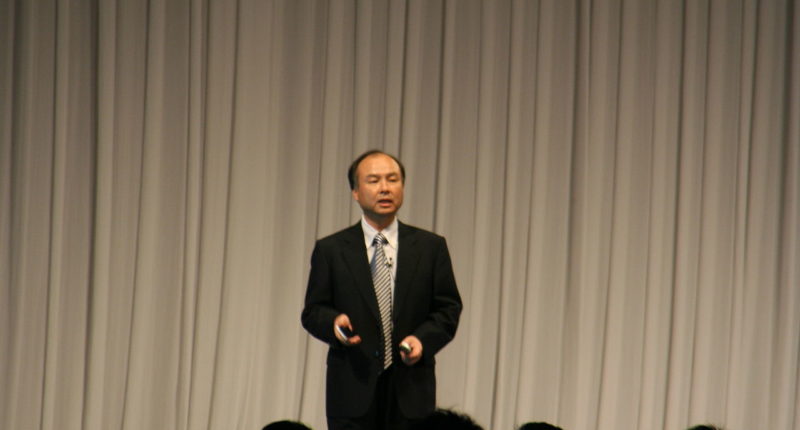Tough market conditions have left their mark not just on numerous companies but also on numerous investors across the globe. SoftBank, which has led some of the largest funding rounds in recent times through its Vision Funds, found this out the hard way. The Japanese behemoth reported a net loss of $23.34 billion (¥3.16 trillion) for the three months ended June 30, 2022, nearly $21.6Bn of which was due to its Vision Fund investments.
The record quarterly loss is a steep drop from the ¥761.5 billion in profit that the Japanese conglomerate had clocked in the same period in 2021. This included a loss of ¥2.8 trillion from its Vision Fund investments for the quarter this year.
Glancing at its other financials, we find that its net sales for the period clocked a year-over-year (YoY) increase from ¥1.47 trillion in the quarter ended June 30, 2021, to ¥1.57 trillion in the corresponding quarter this year.
However, the chunk of SoftBank’s loss in its fiscal first quarter can be attributed to the abysmal performance of its SoftBank Vision Fund Unit. In May, it was revealed that Vision Funds witnessed their worst performance ever by clocking a record loss of ¥3.5 trillion (27.5 billion) for the year ended March 2022. At that time, SoftBank CEO Masayoshi Son said that the conglomerate would be “taking defense.”
Apparently, its conservative approach was not enough to arrest the money guzzling funds, which instead clocked the second-largest quarterly loss for Softbank. For the fiscal first quarter 2022, SoftBank’s Vision Funds logged a net loss of ¥2.93 trillion ($21 billion), while the segment loss was ¥2.33 trillion ($17.23 billion). This exceeds the $10 billion expected by Reuters.
Looking at the performance of its Vision Funds, we find that the first Vision Fund (SVF1) held 80 investments (including 23 public portfolio companies) before the quarter ended and generated a net loss of ¥30.5 billion.
SoftBank revealed that the unrealized net loss on valuation (¥1.2 trillion) reflected the plummeting tech stocks of public portfolio companies and brutal sell-offs over the quarter. This includes some of Softbank’s biggest portfolio companies such as AutoStore Holdings, Coupang Inc, and SenseTime Group Inc, whose shares took hard hits over the April-June quarter.
In contrast, the second fund (SVF2) recorded realized gain of ¥3.3 billion, while it clocked unrealized net loss on valuation at ¥1.32 trillion. It held 269 investments (including 14 public portfolio companies) before the quarter ended.
“The market and the world is in confusion,” Son said during a presentation, adding that the company has been “more selective in making investments.” The company added that the shares of its portfolio companies was caused “by the global downward trend in share prices due to growing concerns over economic recession driven by inflation and rising interest rates.”
In response to the less, SoftBank has resorted to dumping its stakes in various companies in order to raise money. It has already sold its entire stake in Uber at an average price of $41.47 per share, as well as stakes in online real estate player Opendoor, health care company Guardant and Chinese real estate and brokerage giant Beike. The Japanese conglomerate revealed that it raised $5.6 billion from the sale of the stakes.





